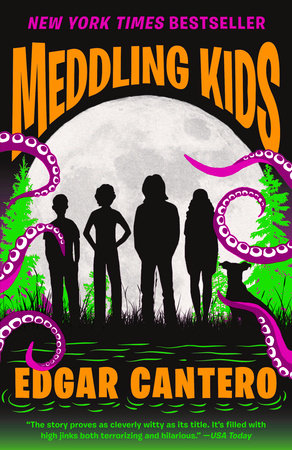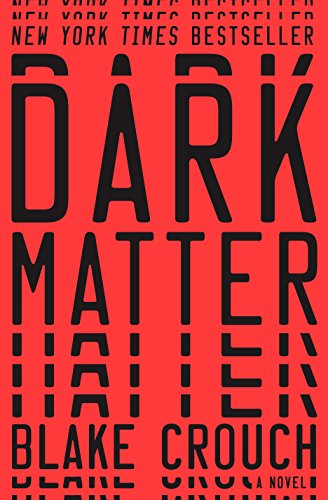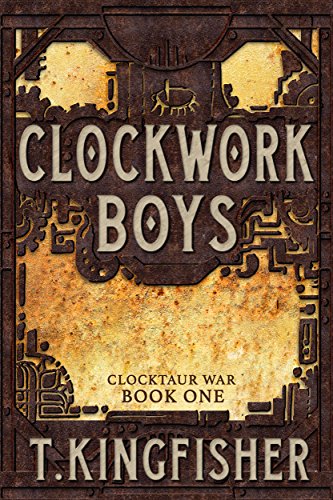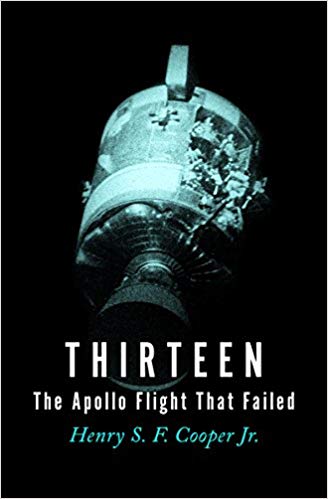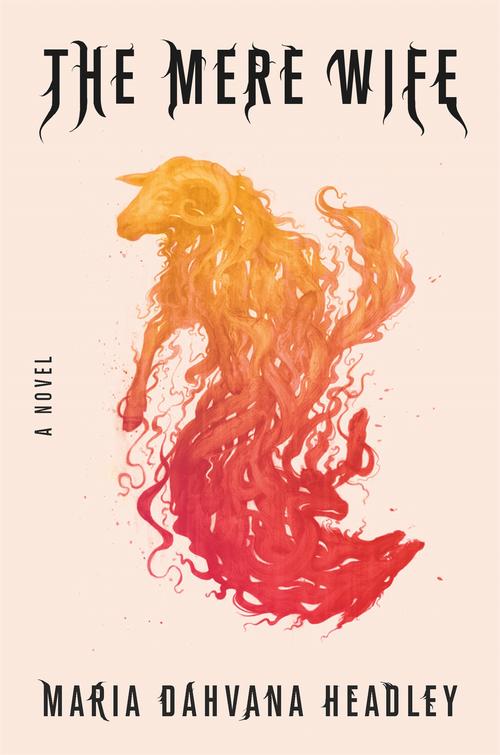
Beowulf is one of the oldest stories in the English language, describing the adventures of Beowulf, a Norse hero. He fights a monster called Grendel and then is attacked by Grendel’s mother, furious due to the death of her son. Beowulf also kills her. This poem, dating to some time around the year 1000, is a cornerstone of English literature.
The Mere Wife, by Maria Dahvana Headley, is a twist on the classic tale. Taking place in modern times, it revolves around two women — Dana Mills and Willa Herot. These are very different women. Dana is a veteran of the wars in the Middle East, while Willa is the product of high society, having found her way as the wife of a powerful developer in the heart of a new community. Dana grew up in the same area but before it became gentrified. It’s why, when she finds herself inexplicably pregnant and then the mother of Gren, a boy that has some generally undescribed characteristics that set him apart (though it is mentioned that he is furry and has long claws), Dana escapes to the heart of the mountain that abuts Willa’s idyllic community.
Dana and her son Gren live in isolation, in the heart of the mountain, until Gren, now older, notices the kids down in the community. In particular, he becomes friends with Willa’s son Dylan (who goes by Dil). This unleashes a chain of events that neither woman can stop, try as she might. Both are fighting forces beyond their control. The story is about the consequences of their actions as they try to maintain some amount of control in their lives.
While the original poem focuses on Beowulf, the Beowulf-like character here is a relatively minor player. Dana and Willa are the true hearts of this story and events are described alternatingly from their points of view. Both are products of their world, not necessarily always willingly. They try to exert some control on their respective worlds, worlds they did not create but that they are now at the center of. Both women are also struggling in worlds created by men, though their worlds are very different. Dana comes from a world of war, while Willa is at the center of a world of power.
Through her narration, Dahvana Headley provides what I felt was some intriguing insight into the world at large, the place of women in our modern society, and motherhood, a big focus of the novel since both Dana and Willa’s roles as mothers frames a lot of their actions. The book centers around conflict, the conflict between the characters but also larger conflicts, including war and progress. Dahvana Headley comments on these through her characters. Some examples include:
- “People never think, until it happens to their place, that all construction is destruction.”
- “It’s international news, then national, then local. Tragedies happen every minute of every hour. The world is full of worse than anyone has yet imagined, and there’s only so much room.”
- “You don’t really own anything. Nothing is yours forever, not your body, not your youth, not even your mind.”
- “Here’s the truth of the world, here it is. You’re never everything anyone else wants. In the end, it’s going to be you, all alone, on a mountain, or you, all alone, in a hospital room.”
These kinds of comments about our world and society are peppered throughout the novel, providing both insight into the inner workings and feelings of the characters but also thought-provoking, if bleak, commentary on our world. If a novel gets you to think about something differently, that is a success. And The Mere Wife certainly does.
I would say that the structure of the novel, with the alternating points of view of Dana and Willa, and the way the story is essentially told as they think, can be a little disconcerting. It took me a little while to get into the flow. Once I got into it, though, it kept my attention and made me want to know what happened next. I knew, based on my knowledge of the original Beowulf, what I thought was going to happen, but how it all actually fell into place was still unexpected and engaging.
